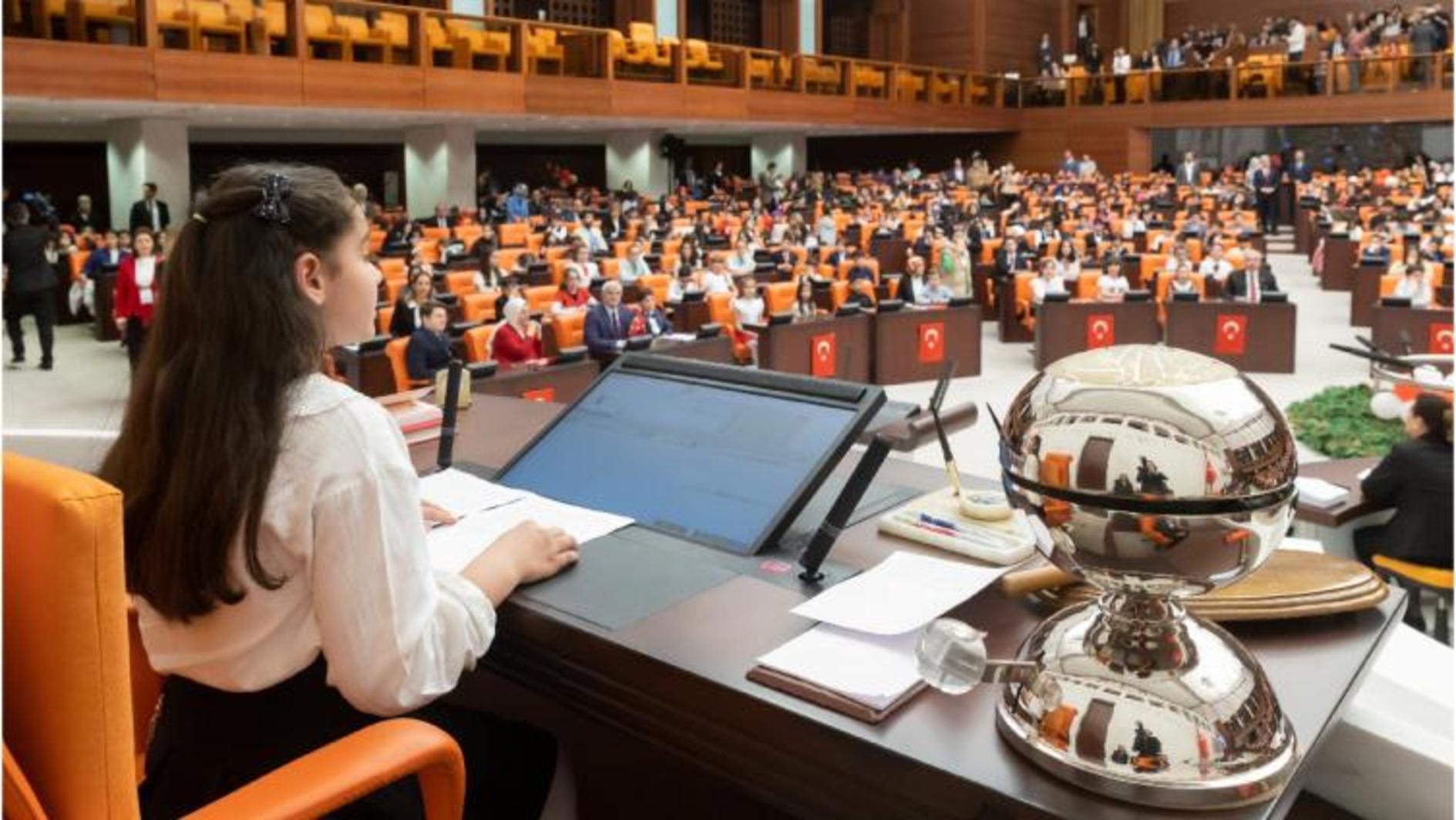Huthi militia installs ’presidential council’ to run Yemen
Sanaa - Agence France-Presse
 Shiite militia who have seized Yemen’s capital announced Feb. 6 they had dissolved parliament and installed a "presidential council" to run the country in the face of a power vacuum.
Shiite militia who have seized Yemen’s capital announced Feb. 6 they had dissolved parliament and installed a "presidential council" to run the country in the face of a power vacuum.The Huthi militia said it would set up a national council of 551 members to replace the legislature in the violence-wracked country, a key US ally in the fight against Al-Qaeda.
The heavily armed Huthis swept into Sanaa from their northern stronghold in September, seeking greater influence in running the country.
Last month they seized the presidential palace and key government buildings and encircled the houses of senior officials in what authorities called a coup attempt.
That plunged the country deeper into crisis and prompted President Abedrabbo Mansour Hadi and Prime Minister Khalid Bahah to tender their resignations.
The five-member presidential council will form a transitional government to govern for two years, the Huthis announced in a "constitutional declaration" attended by tribal and military representatives as well as by the outgoing interior and defence ministers.
The declaration came after a Wednesday deadline set by the militia for political parties to resolve the crisis passed with no agreement.
After another round of talks late Thursday attended by UN envoy Jamal Benomar, participants had said negotiations would resume on Saturday.
On Feb. 6, Benomar flew out of the country before the declaration was announced.
Yemen has been riven by instability since the Arab Spring-inspired uprising that forced autocratic president Ali Abdullah Saleh from power in 2012.
Saleh has been accused of backing the Huthis -- who are from the same Zaidi sect of Shiite Islam as the ex-leader -- as has Shiite-dominated Iran.
The fall of Hadi’s Western-backed government has raised fears of complete chaos engulfing Yemen, strategically located next to oil-rich Saudi Arabia and on the key shipping route from the Suez Canal to the Gulf.
Hadi said when he stepped down that he could no longer stay in office as the country was in "total deadlock".
The former career soldier took office in 2012 under a UN- and Gulf-backed peace plan, in a country awash with weapons and where powerful tribes hold sway, emerging as a consensus figure.
But unlike his predecessor Saleh, who ruled Yemen for 33 years, Hadi had no popular or tribal base to fall back on.
The situation escalated last month when the militia seized a presidential aide in an apparent attempt to extract changes to a draft constitution which they opposed because it would have divided Yemen into six federal regions.
After heavy fighting between government forces and the Huthis that killed at least 35 people, the UN Security Council and Yemen’s Gulf neighbours had all voiced support for Hadi’s continued rule.
In the formerly independent south, officials have vowed to defy Sanaa following the resignation of Hadi, who is a southerner.
The country is an important power base for Al-Qaeda in the Arabian Peninsula (AQAP), which claimed responsibility for last month’s deadly attack on French satirical weekly Charlie Hebdo.
Yemen has allowed the United States to carry out repeated drone attacks on Al-Qaeda militants in its territory.
















